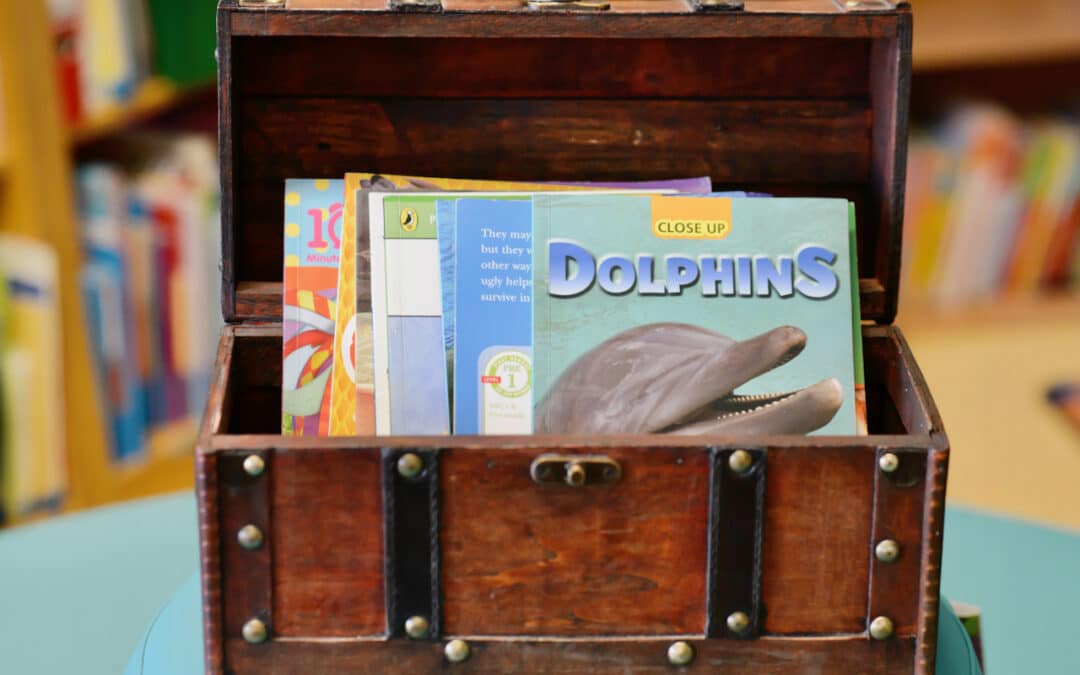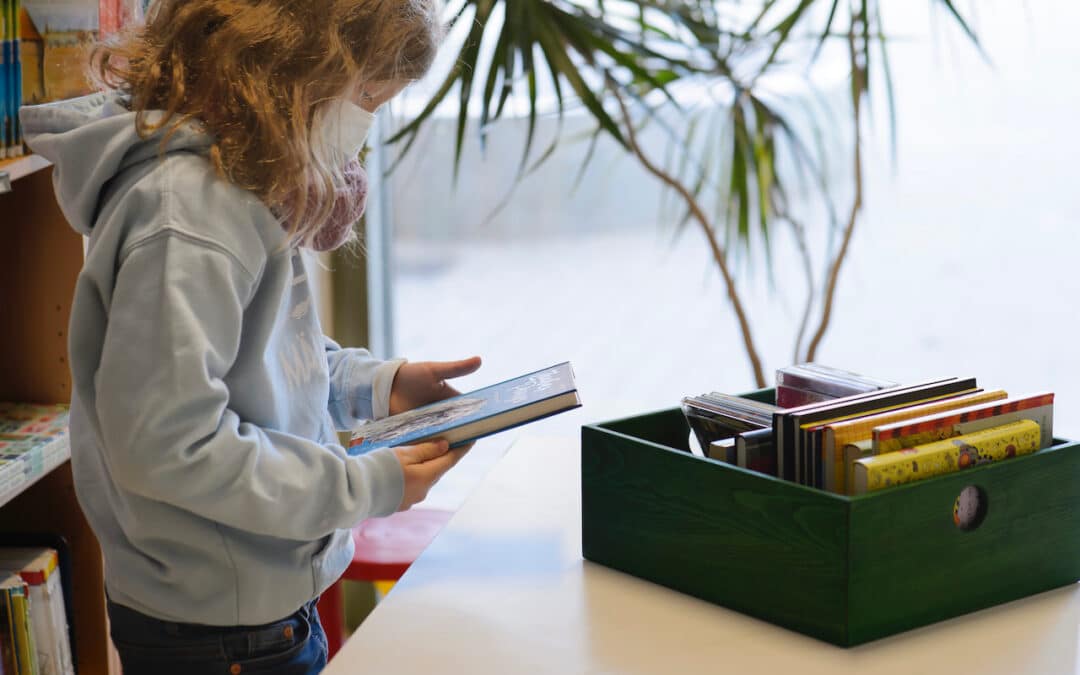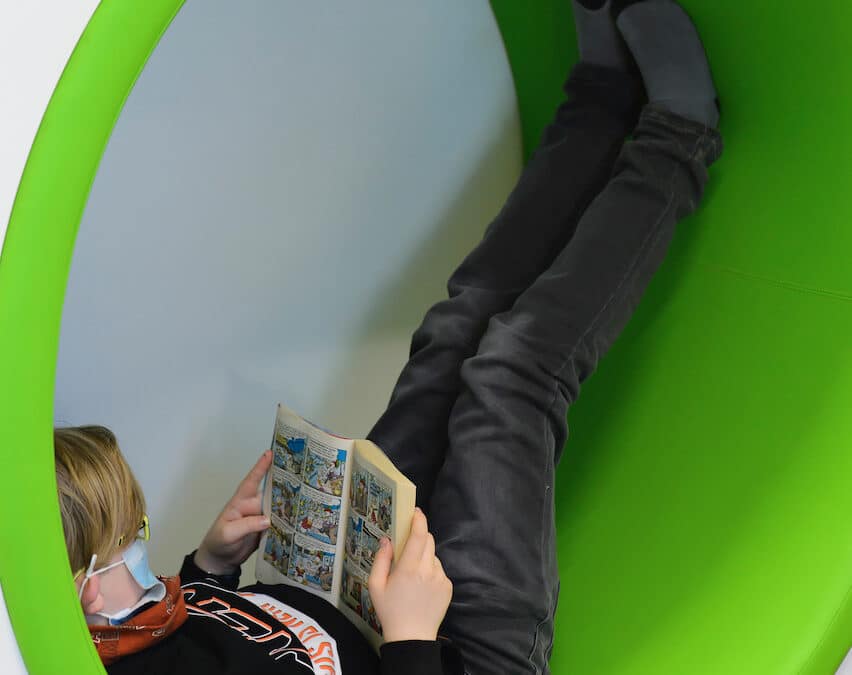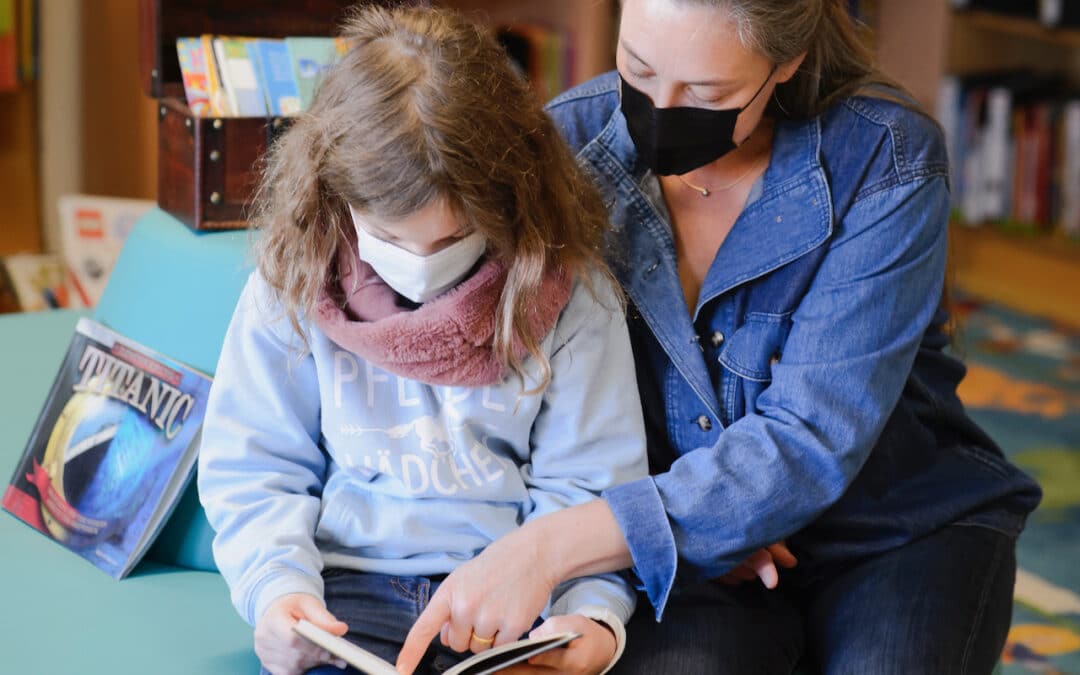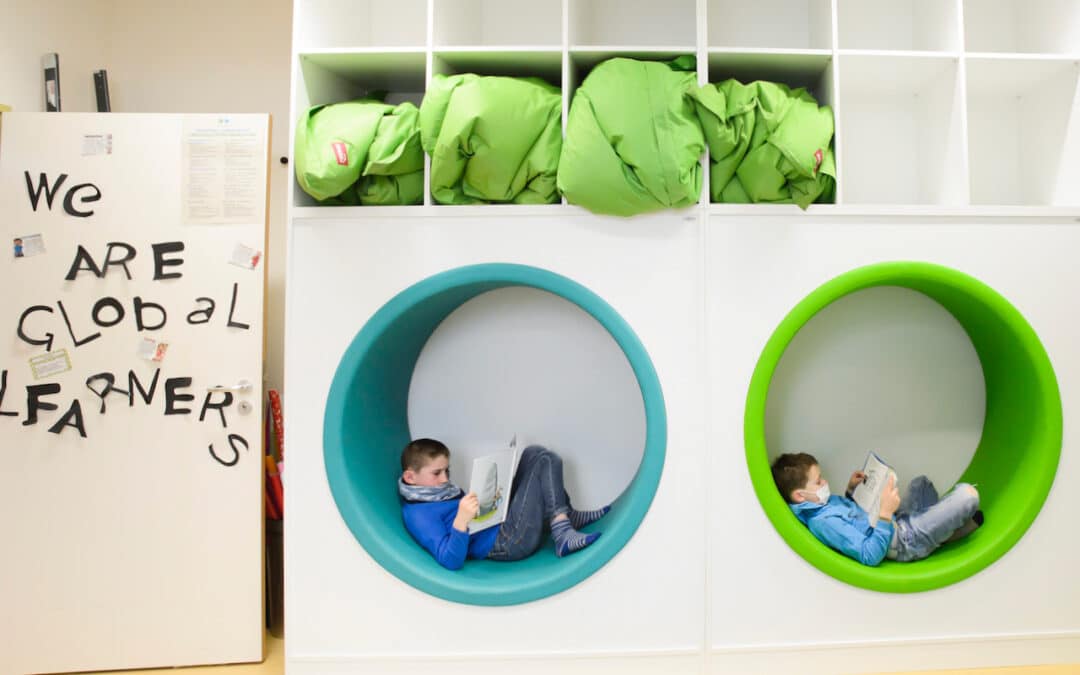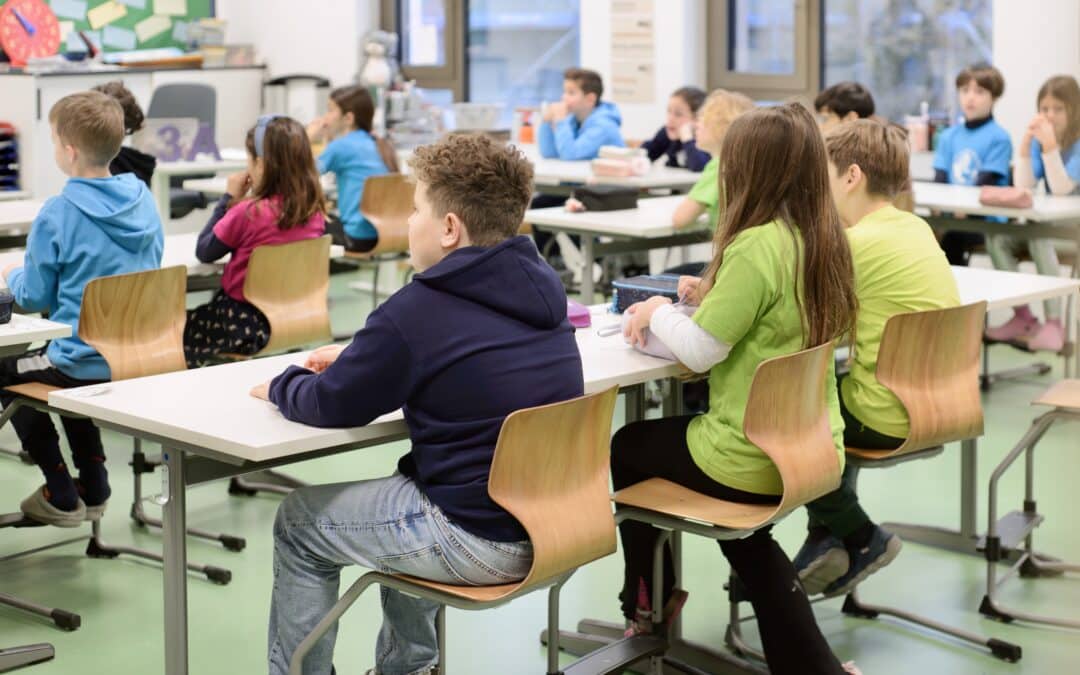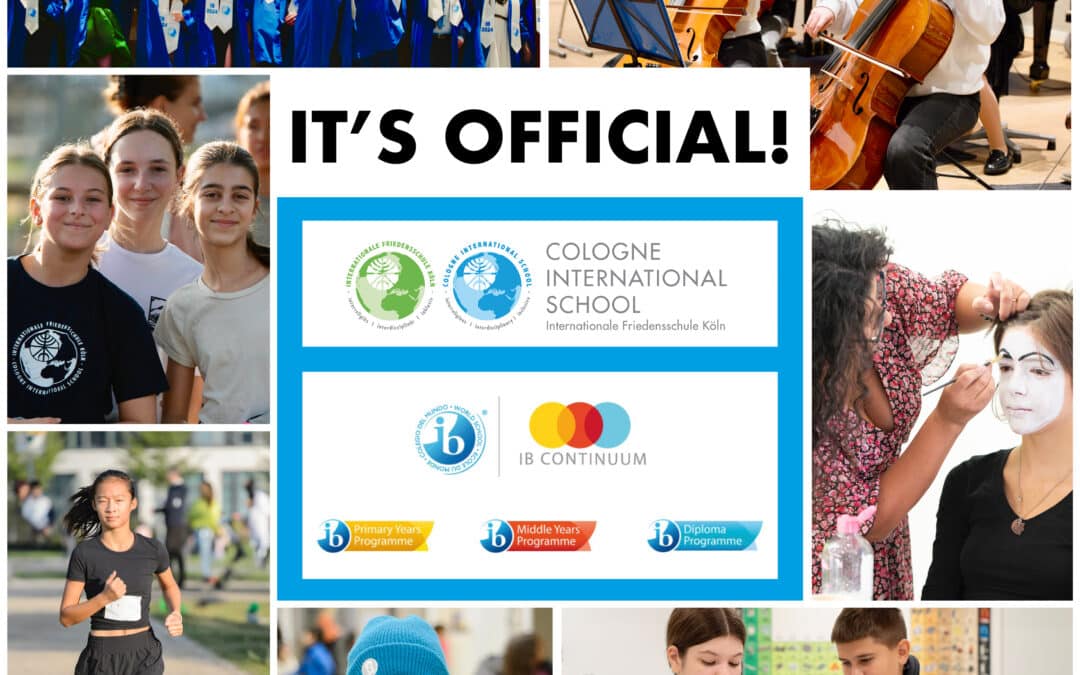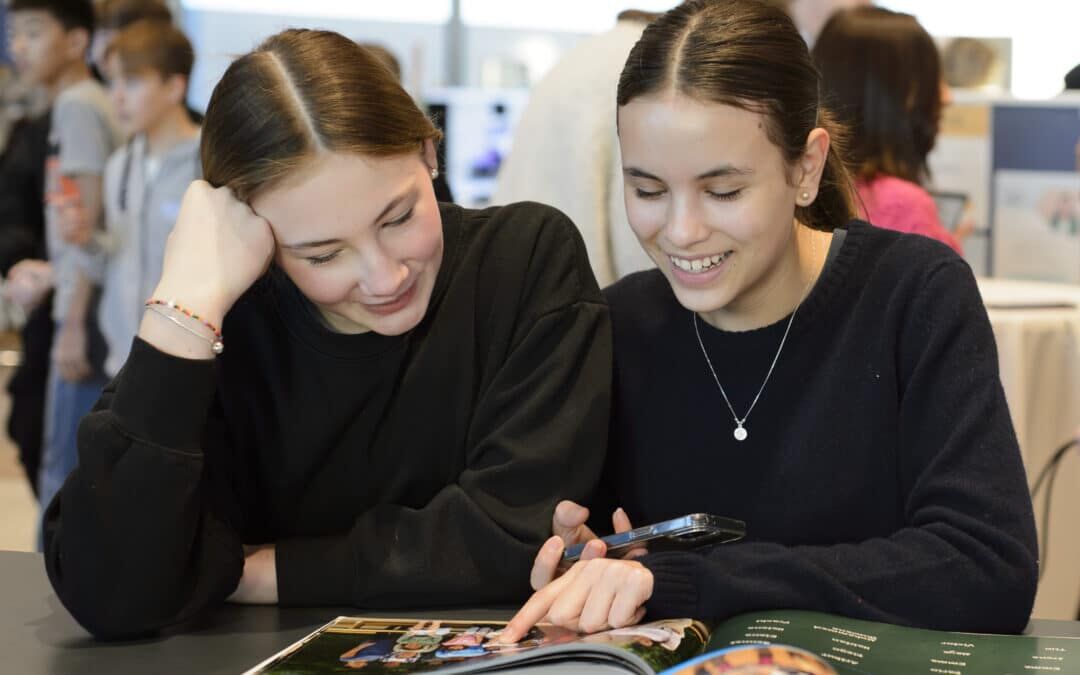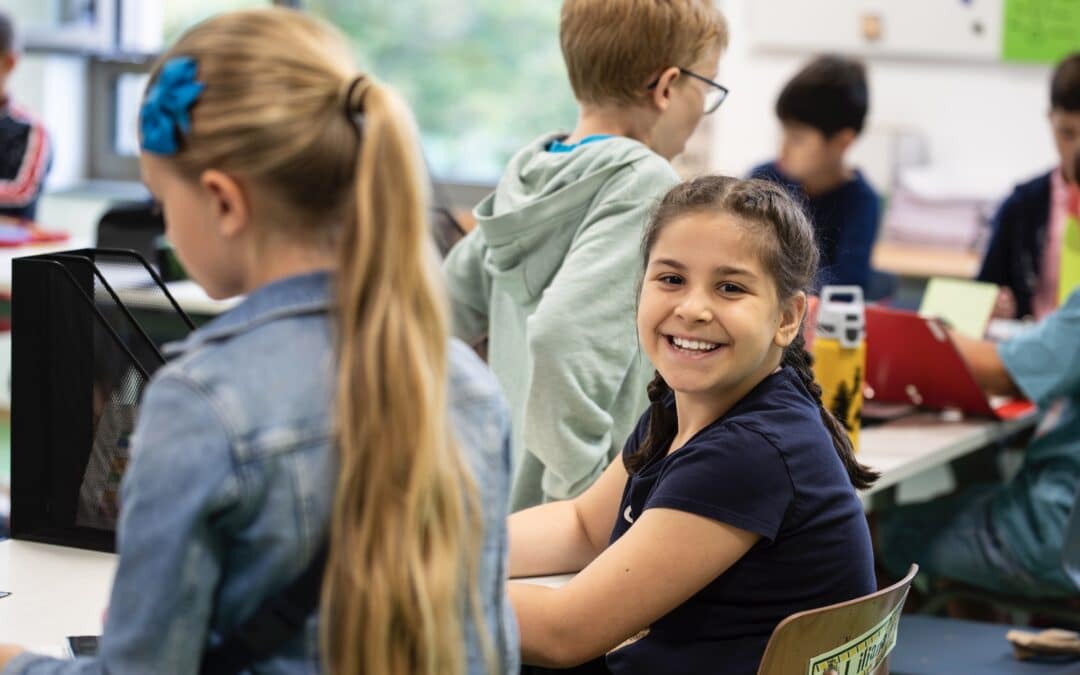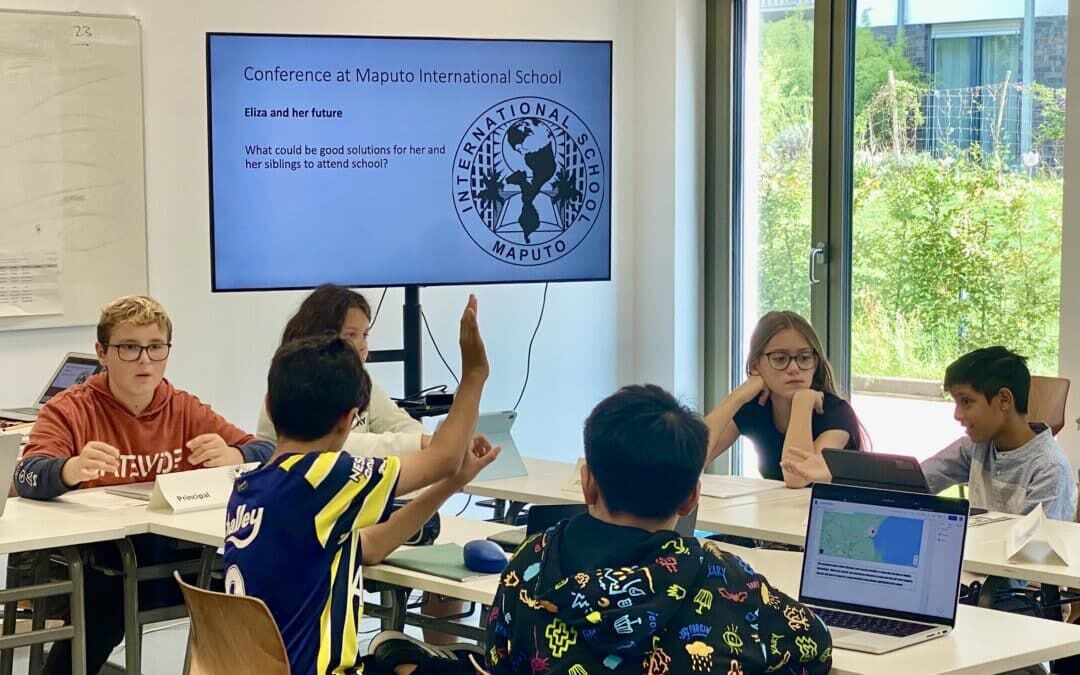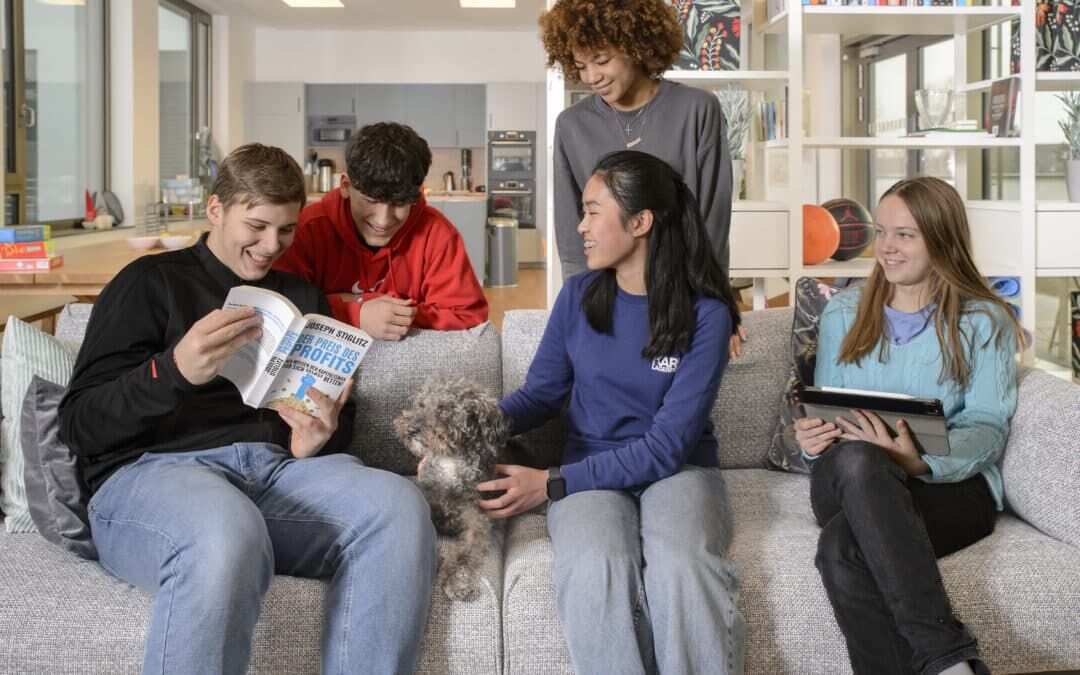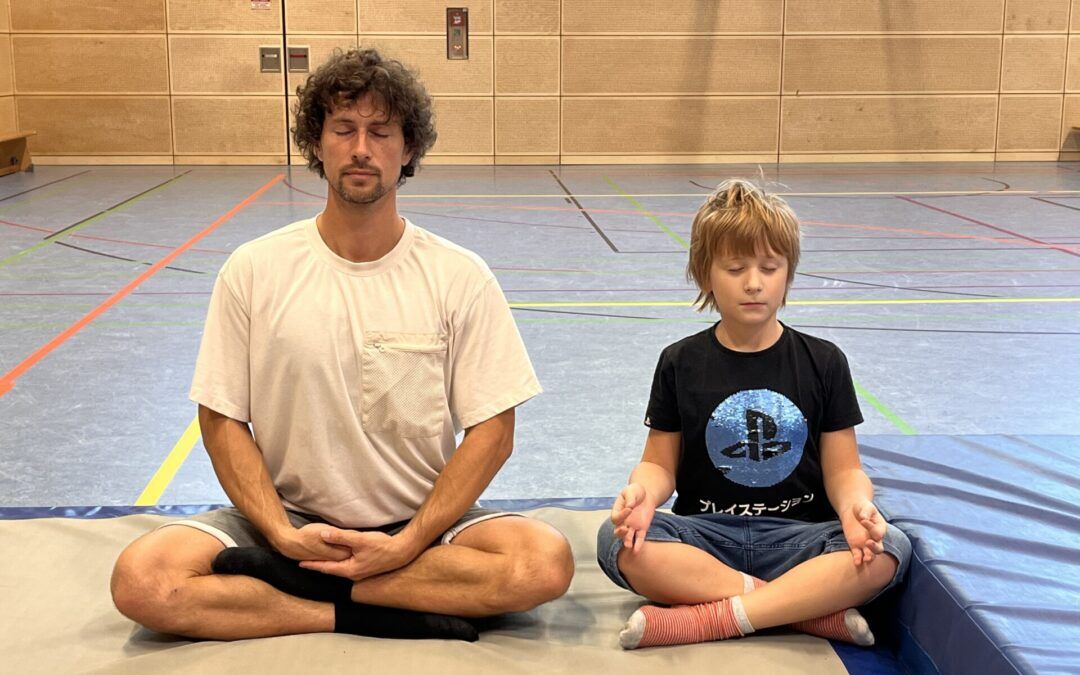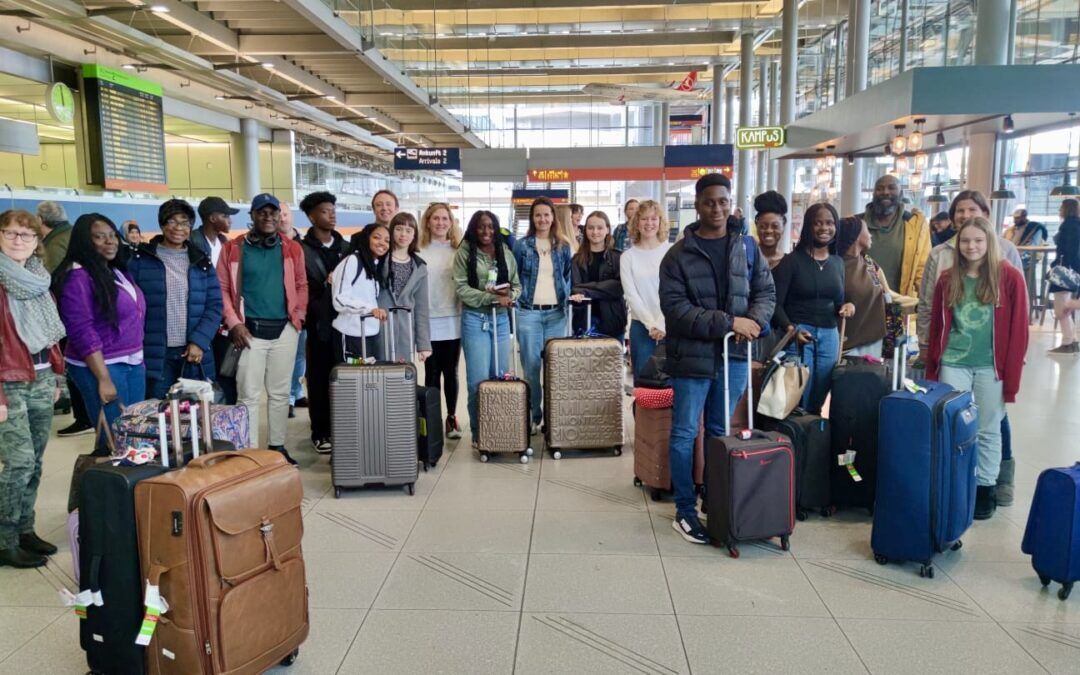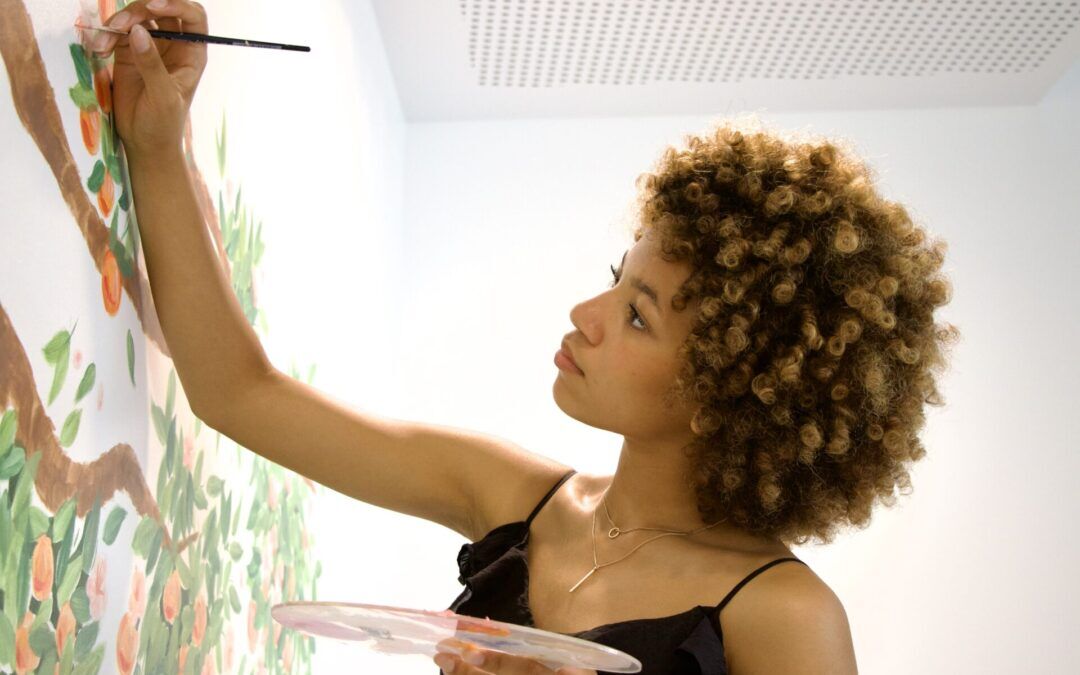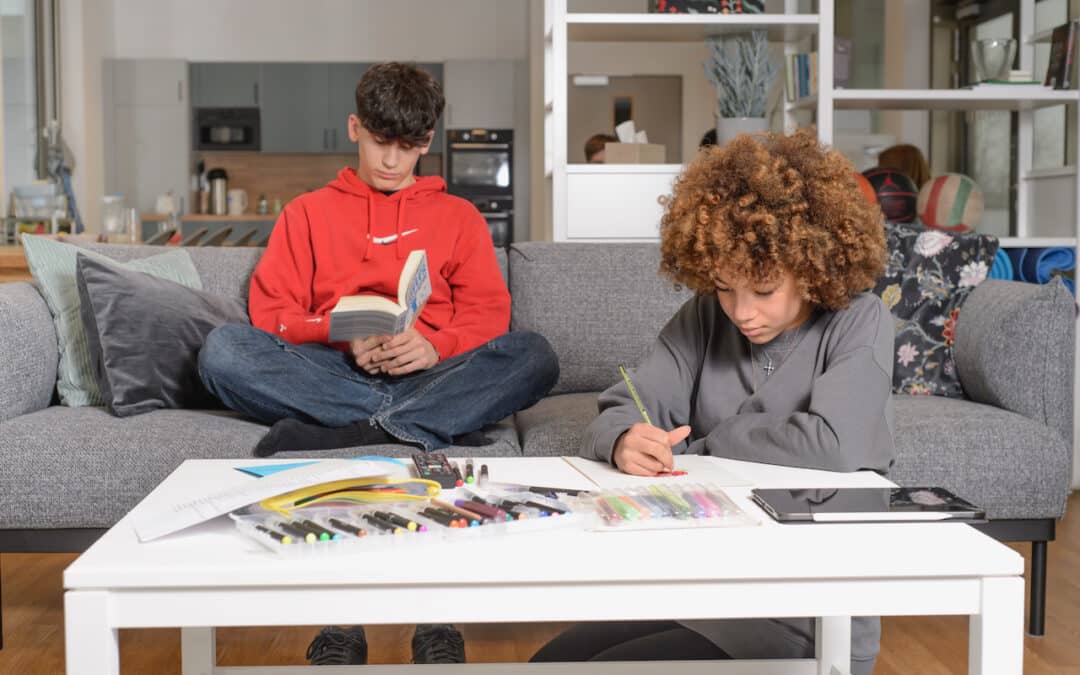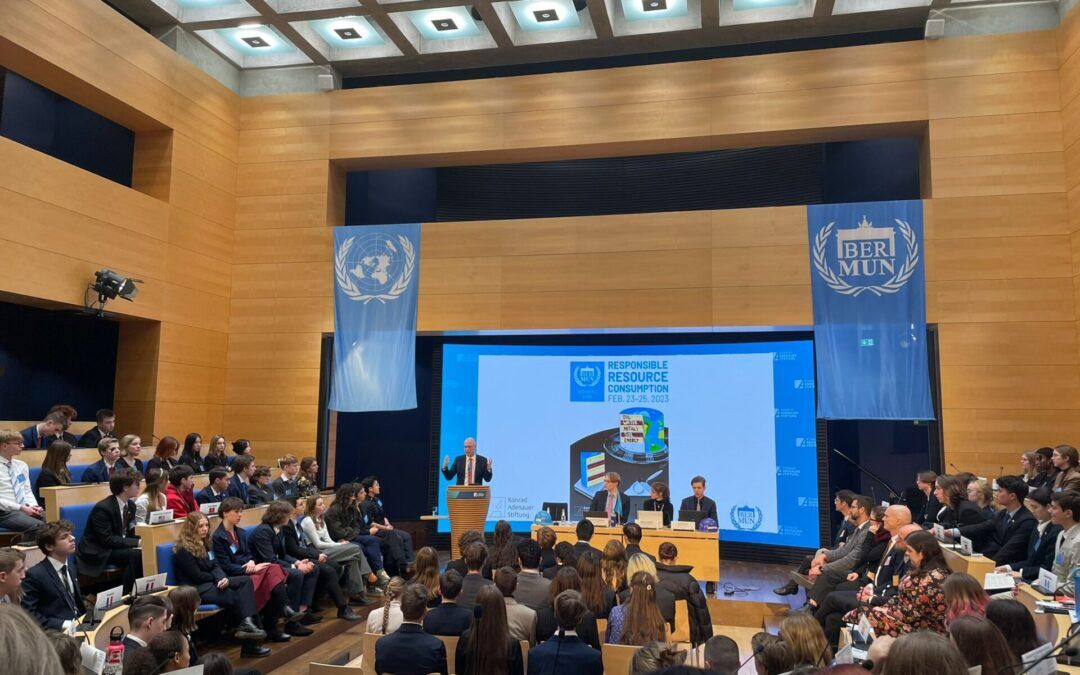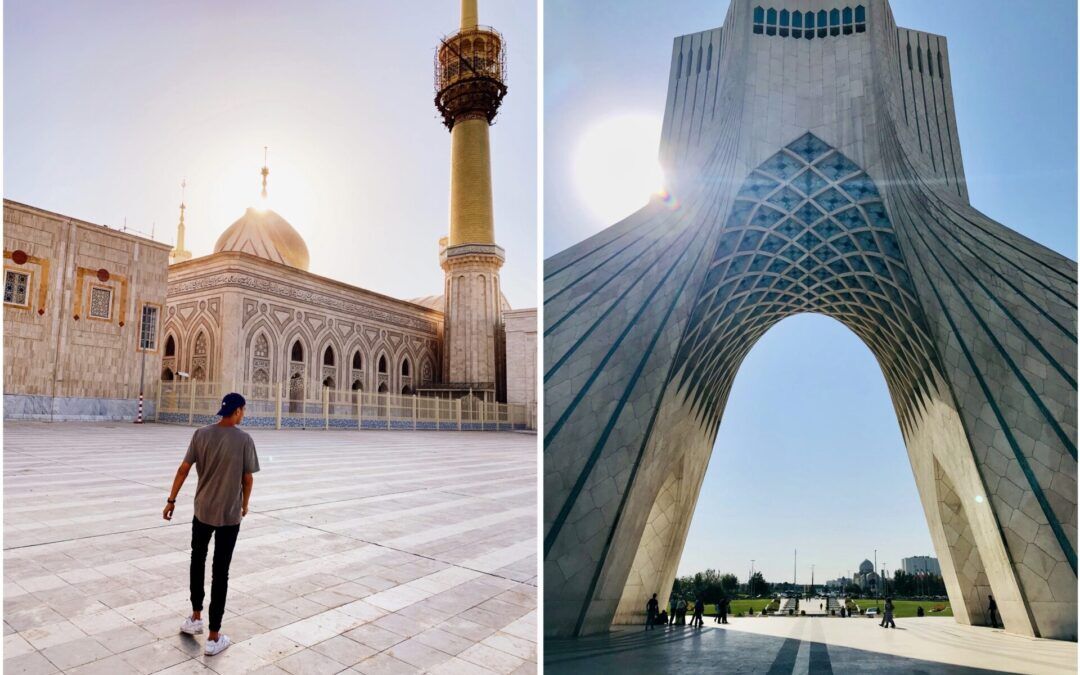School libraries as safe havens to grow, think, and daydream
Libraries and their role in our modern society
“If you want your children to be intelligent, read them fairy tales. If you want them to be more intelligent, read them more fairy tales.” – Albert Einstein
When asked how to make children intelligent, Albert Einstein’s reply was both simple and wise. But reading our children fairy tales — or anything, for that matter — only works if these are accessible. Libraries play a fundamental role in our society but continue to be massively undervalued by elected officials, who have other spending priorities. These officials argue that libraries are a thing of the past, no longer serving their historic function as a place of education. After all, the provided content can be found on the Internet, free of charge. And so, in a digitalised world, the libraries’ budgets are trimmed first.
Libraries as safe spaces for our children
This is foolish. Libraries are more than just the content they provide. The core mission that libraries have, is to help people and improve situations. It is a safe space where literary culture and companionship come together. Providing both resources and services to create opportunities for learning and growth, while fostering literacy, libraries play a huge part in shaping new ideas and perspectives. Both of which are central to a creative and innovative society. To put it more plainly: libraries are among the most critical forms of social structure that we have, and that is why the library at Cologne International School is such a vital and necessary place. Although often overlooked as small and insignificant, it is exactly what it needs to be: a safe haven to grow, think and, yes, to dream.
Libraries foster imagination
Along with our obligation to use language, to challenge it, to use it as a living thing, we have an obligation to daydream. Libraries embrace both the use of language and the opportunity to daydream, as they give access to infinite worlds that aspire individuals to imagine that things can be different. That they can be better. In a world in which society is developing into a hive-mind and the individual is less than nothing, this is a power not to be underestimated. The individual is important; the individual can be a hero. The clever ideas of elected officials stem from imagination, and imagination is fostered in libraries. It is encouraged, and, like a seed, can grow into a plentiful harvest. Ultimately, changing lives. And it has changed mine! Although I have always had a love for books, it is in this library, along with the support of my teachers, that my appreciation grew and recently led me to finish my Masters degree in English Literature. I, therefore, cannot stress this point enough: give children access to libraries, as often as possible, and encourage them to read real, physical books.
Libraries preserve our heritage and bring people together
We also need to remember that books are the way we communicate with the dead. Many of the fairy tales that Albert Einstein was thinking of when giving his reply have outlasted the cultures and the buildings in which they were first told. Some are even older than most countries. Libraries play a crucial part in keeping history alive and, being physical and not a digital space, they bring real people with real stories together.
Support libraries and keep them alive – this is our obligation
But don’t take it from me. Popular fantasy author Neil Gaiman once said: “We have an obligation to support libraries. To use libraries, to encourage others to use libraries, to protest the closure of libraries. If you do not value libraries then you do not value information or culture or wisdom. You are silencing the voices of the past and you are damaging the future.”
Nina-Maria Kienle, International Secondary School Alumna – Class of 2016
Find out more about our New Campus and its state-of-the-art facilities: library, auditorium, subject labs, group and individual working areas, cafeteria, and much more
